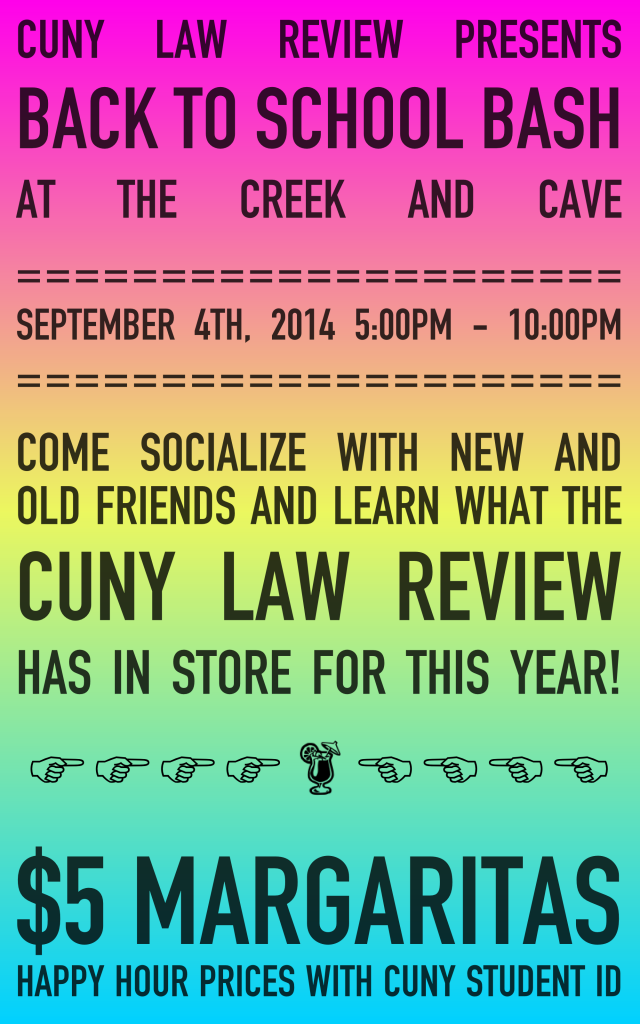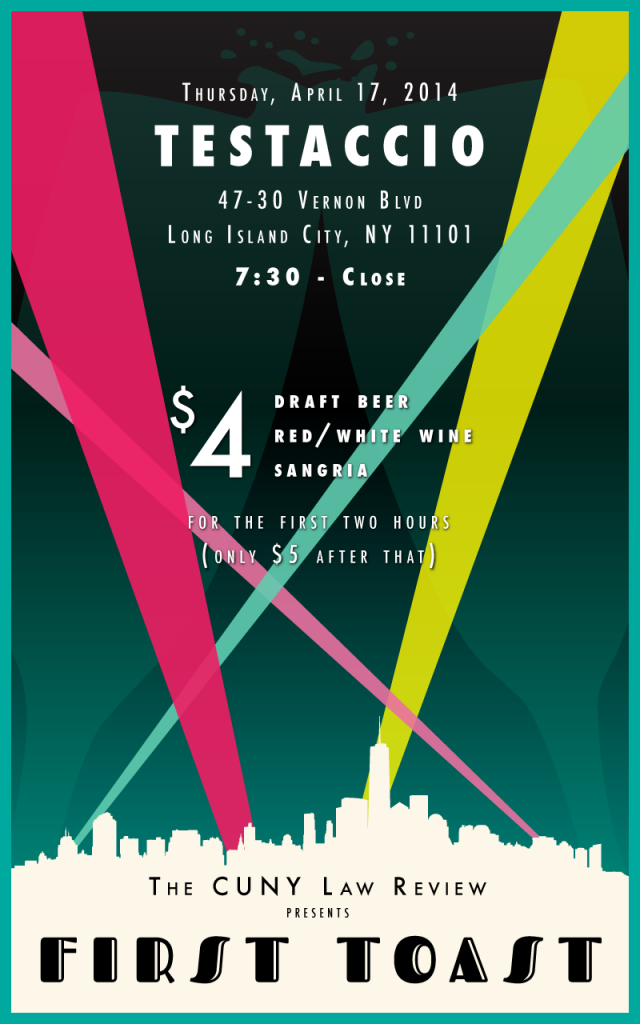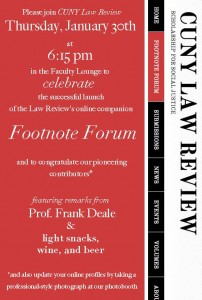Join Law Review for a panel representing grassroots organizers, legal workers, prison psychologists, and policy makers for an informed discussion on the conditions and effects of the American prison system and what we, as a community, can do about it.
MODERATOR:
Professor Ann Cammett received her J.D. from CUNY School of Law where she currently teaches the third-year Family Law Concentration. Prior to joining CUNY, Professor Cammett was awarded Law Professor of the Year at the William S. Boyd School of Law in 2011. From 2004 to 2006 she served as the Reentry Policy Analyst for the New Jersey Institute for Social Justice, working to develop programs and advocacy materials to improve prisoner reentry outcomes. In 2000 she was a recipient of the Skadden Fellowship at the New York Legal Aid Society, where she represented formerly incarcerated women facing civil sanctions arising from criminal convictions. Professor Cammett’s scholarship explores intersectional legal issues of race, gender, poverty, mass criminalization and the family. She is a recognized expert on the policy implications of incarcerated parents with child support arrears and other collateral consequences of criminal convictions. Her work in this area has been cited in two amicus briefs to the U.S. Supreme Court in the case of Turner v. Rogers, and excerpted for family law casebooks and other treatises.
SPEAKERS:
Five Omar Mualimm-Ak is a former inmate turned activist who advocates for prison reform. He spent more than 5 of his 2. 12 year prison sentence in solitary and other forms of isolated confinement. He works tirelessly to raise awareness and fights to reform the use of solitary confinement across the state. He is the founder and Executive Director of The Incarcerated Nation Campaign (INC), which is a grassroots movement made up of formerly incarcerated persons, family members of those currently incarcerated, activists, students, and advocacy organizations, all working together to educate the community on issues of mass incarceration, improve conditions for the incarcerated and their families, and create a support base of re-entry for those returning back to our communities. Mr. Mualimm-Ak also works as an activist and organizer for the American Friends Service Committee and Campaign to End the New Jim Crow, Solitary Watch, and the New York Campaign for Alternatives to Isolated Confinement. Remarks he made at Cardozo Law can be seen here.
Continue reading →



